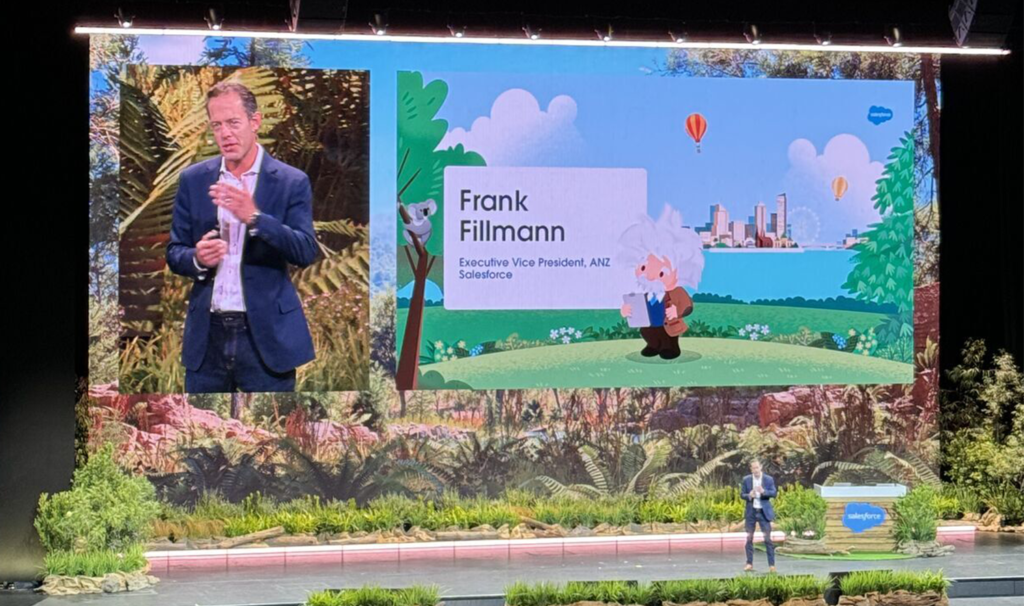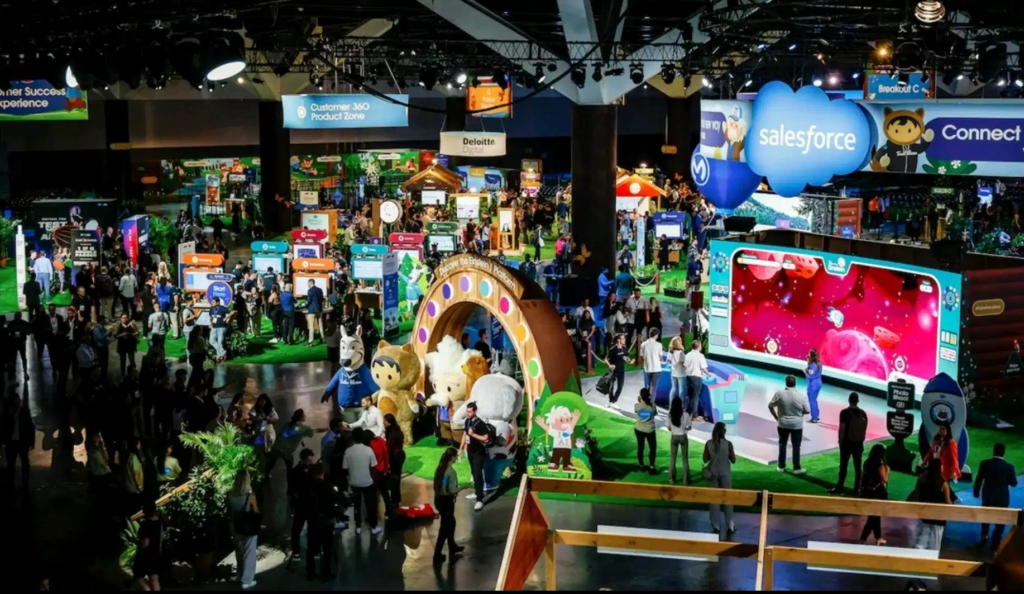Don’t want your customers to go elsewhere? Start focusing on them after you make the sale.
Over the past 12 months, early adopters of Industry 4.0 technologies in the manufacturing industry have found themselves well placed to respond to the challenges created by COVID-19.
The technologies they’d put in place enabled them to adapt. They helped businesses move quickly. They provided a solid foundation – a resilience that enabled them to evolve.
Those businesses that hadn’t adopted or fully embraced Industry 4.0 technologies, meanwhile, realised they needed to investigate it, and quickly.
However, having the technology in place is only one piece of the puzzle – and on its own it no longer makes you any different to the manufacturer down the road. Refined shop-floor processes and automation are now increasingly standard.
When it comes to Industry 4.0, there’s a very good reason why, hand in hand with AI and IoT, you’ll find customer experience. And it’s here that manufacturers are now focusing to develop data-driven, customer-centric products and services.
A report commissioned by Industrial Ideas, Salesforce and Deakin University revealed that 74% of manufacturers believe improving the customer experience is the number-one requirement to achieve sales and marketing success.
And it’s easy to understand why. Customers have so many options today, so if the process to transact is slow, or the staff aren’t equipped to digitise a process, they’ll go elsewhere.
And that place is likely to be your competitor.
Delivering value long after the transaction
Historically, manufacturing has predominantly been an inward and product focussed industry to a B2B market. The majority of quotes were completed manually, with little emphasis on customer experience and post sales service. Manufacturers had minimal, if any, direct contact with the end customer.
Now, as the market becomes more saturated, forward-thinking manufacturers are moving towards servitisation to expand their capabilities and services to offer a greater customer experience for the end user – long after the original purchase.
According to Infosys’ B2B2C The Future of Customer Engagement whitepaper, “The connection with end users does not stop at the point of sale. Technologies available today offer a mutually beneficial, profitable, and ongoing engagement with customers across the entire life cycle of products… B2B2C will become the new norm to run a business.”
But delivering a great customer experience long after a transaction hinges on a manufacturer’s successful adoption of technology, from a user (employee), partner (reseller) and customer perspective.
Global brand LG, is a perfect example of a company that has successfully adopted Industry 4.0 technology to deliver servitisation adjacent to their traditional manufacturing products – and reap the benefits from customer insights.
For example, LG has an app that, if your washing machine is making a strange noise, can record the sound and diagnose the problem. It’ll tell you what the issue is and recommend a fix, or if you’re under warranty it’ll arrange a technician to come fix it.
Similarly, another manufacturer in the air-conditioning space has invested in smart controllers as a way to understand their customer better. With the smart controller they can gain customer insights to improve product lines, enhance operational efficiencies and capabilities around predictive maintenance, and ultimately upsell and cross-sell.
In terms of brand value, engagement and being useful, these two brands are ticking all the boxes.
Previously, manufacturers made something, sold it and the transaction was done. The customer relationship was over until they chose to return. Today, however, people stay with a brand because of their overall experience – which, of course, includes product quality, but is far from limited to that.
With this shift from B2B to B2B2C, manufacturers can use Industry 4.0 technologies to create more intelligence around their products and services to deliver a great customer experience.
Creating a mutually valuable customer experience
So, how do you put the customer at the centre in practise, and deliver a more superior customer experience?
It’s important to remember that tech is an ever-evolving project – you can’t just put a system in and use it for 10 years. You’ve got to keep investing in it – whether that’s in time, money innovation or all three – because all of this relies on technology, supported of course by the understanding and appreciation of the need to stay connected.
The data you collect is crucial. Collecting this well is one thing, analysing and interpreting it is another, but that data will help you maintain relevancy and deliver a meaningful customer experience.
Take a close look at your competitors too. Understand their weaknesses and understand what’s happening with them. What can you learn?
Of course, however you use tech, it’s got to be done well.
One brand I know implemented an SMS campaign to engage customers, however they made a few errors that meant it wasn’t as effective as it could have been.
Firstly, the SMSs were sent from a random number rather than the brand name, which meant people either didn’t recognise it and didn’t read it, or they may have thought it was a scam.
Secondly, it wasn’t personalised.
Thirdly – and probably most crucially – because they’d gone for a lower-cost option, they couldn’t record and therefore collate anything from the responses. It was a one-way communication and didn’t improve the customer experience or successfully track the different customer engagement touchpoints from any angle.
Understanding their mistakes, they tried a more personalised approach that was tailored to the individual and enabled responses, and everyone enjoyed a far greater outcome.
Ramping up customer centricity
Ultimately, for manufacturing businesses that can focus on customer centricity, they can keep the relationship with their customers and therefore reduce attrition. They can increase the goodwill of their brand, figure out what the cost of customer acquisition is and, ultimately, improve the bottom line.
And it doesn’t have to be a big investment. Yes, I believe you need to spend money to either make money or save money – or both – but the key to all of this is finding the right technology to solve the right problem, and using it well. It could be as simple as a new app.
Tech has been used in manufacturing for years – up to now, the majority of that tech use has been internal. Systems and processes have been refined and automated – so much so that some factories don’t have a single human on the ‘floor’.
And while there may still be incremental improvements to be made, the biggest tech opportunity in manufacturing today starts and ends with your customer.
And it’s all about the data data data!
As customer needs continue to change, manufacturers have a chance to move away from a transactional economy and traditional business models towards servitisation and a customer-first approach.
In short, if you know, sell and service your customer well through Industry 4.0 technologies, you will not only keep your customer but grow your customer base.
And if you aren’t doing it – and doing it well – someone else out there will be.
Find out how Simplus can help you leverage Industry 4.0 technologies to deliver exceptional customer experiences.






